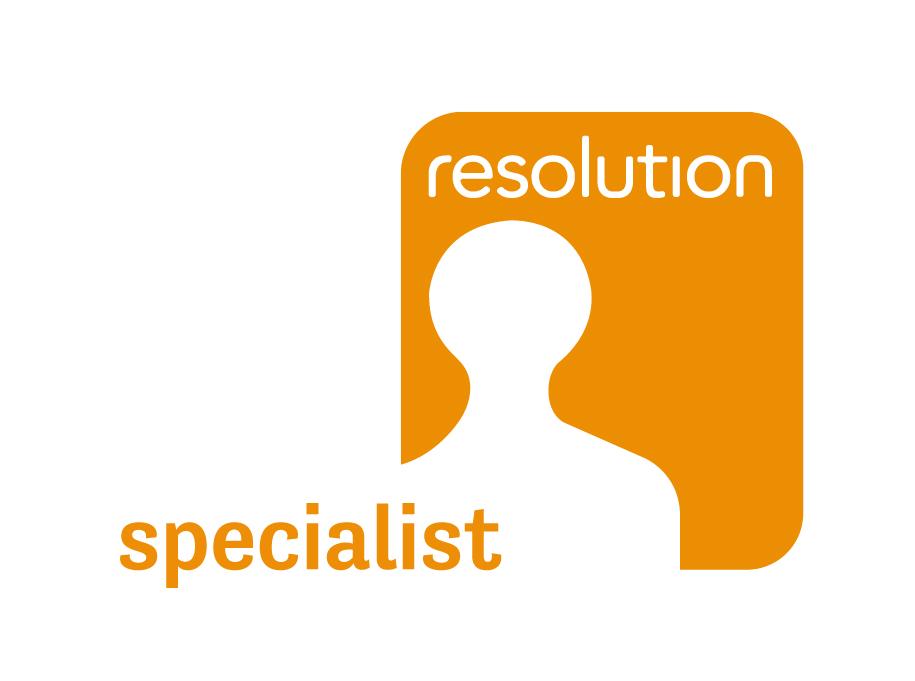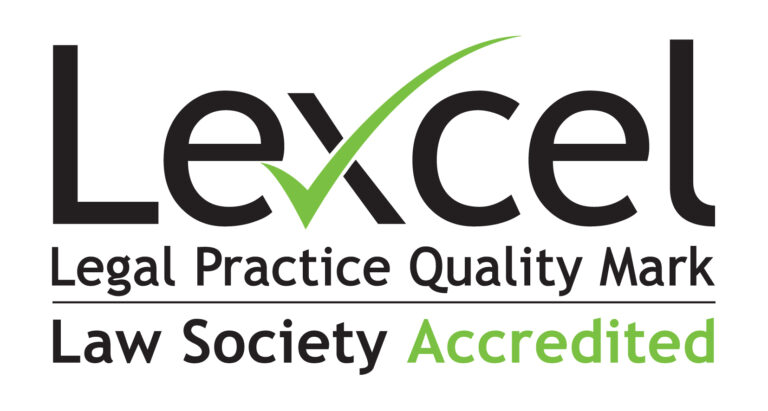The marriage must have irretrievably broken down and this can be proven through any of the five facts which are adultery, unreasonable behaviour, two years of separation with the Respondent’s consent, five years of separation without the Respondent’s consent and desertion.
The length of time it takes to get a divorce in the UK can vary, but it typically takes between 4-6 months if uncontested. If there are disputes over property, finances or children, the process can take longer.
A divorce legally ends a marriage, while a separation allows a couple to live apart while still being legally married. A separation agreement can cover issues such as child custody and division of assets, but it is not a final legal document.
Child custody is decided based on the best interests of the child. Factors such as the child’s wishes, their relationship with each parent, and their living situation are taken into account. Both parents are encouraged to cooperate and make arrangements for their child’s welfare.
A prenuptial agreement is a legal document that sets out how a couple’s assets will be divided in the event of divorce or separation. It is legally binding in the UK, but a court can still overrule it if it is deemed unfair or not in the best interests of any children involved.
Yes, it is possible to change a child’s name after divorce or separation, but both parents must agree. If there is no agreement, an application can be made to the court for a Specific Issue Order.
A Non Molestation Order is a court order that prohibits someone from using or threatening violence against another person. It can also prevent them from intimidating or harassing them. Breaching a Non Molestation Order is a criminal offence.
Child support in the UK is calculated based on the non-resident parent’s income and the number of children they have. The Child Maintenance Service has a calculator that can be used to work out how much child support should be paid.
The adoption process in the UK involves an assessment of the potential adoptive parents, which includes background checks and interviews. Once approved, a match with a child is made and a court order is obtained to finalise the adoption.
Mediation is a process where a neutral third party helps two or more people in a dispute reach an agreement. In family law disputes, mediation can help resolve issues such as child contact and division of assets without the need for court intervention.
You can represent yourself in family court, but it is recommended that you seek legal advice. A solicitor can provide guidance on the law, help you understand the court process, and represent you in court if necessary.
A Clean Break Order is a legal document that severs all financial ties between former spouses after a divorce. It is not necessary, but it can provide clarity and finality to financial matters.
If there has been a change in circumstances since the court order was made, such as a change in income or living situation, an application can be made to the court to vary the order.
In certain circumstances, grandparents may be able to apply for custody or visitation rights in the UK. However, they must first obtain permission from the court to make such an application. The court will consider the best interests of the child when making a decision.
A civil partnership is a legal union between two people of the same sex or opposite sex in the UK. It provides legal recognition of their relationship and offers many of the same legal rights and protections as marriage, such as property and inheritance rights, pension benefits, and parental responsibility. However, there are still some legal differences between civil partnerships and marriages, such as adoption rights and the ability to have a religious ceremony. In 2019, the UK extended civil partnerships to opposite-sex couples as well.
Do you have more questions? Please do not hesitate to get in touch. Our friendly and experienced legal team is here to guide you through any family law issues you may be facing. Simply give us a call at 01254 461 461 or use our online contact form.




